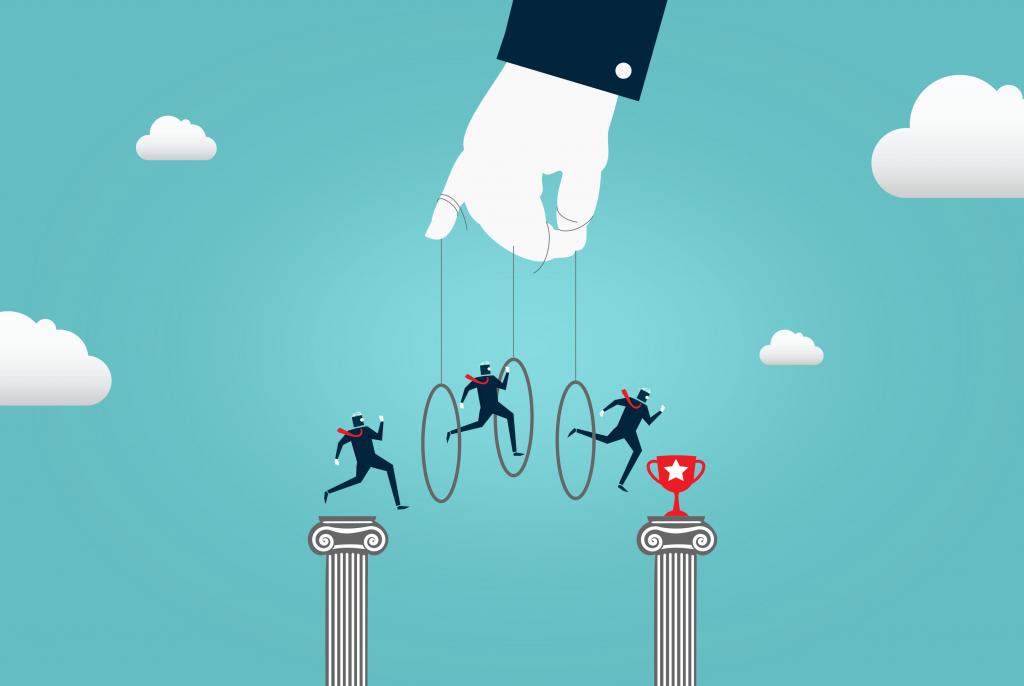We’re told that maybe even the very idea of what it is to be human has to change for the climate. A video from 2016 that went viral last week shows bioethicist S. Matthew Liao speculating that maybe we can get humans to stop eating meat if we forcibly engineer all of them to have a meat allergy.
I’m not saying that these suggestions have any chance of being implemented, and any number of outrageous proposals can get sympathetic media coverage. But these ideas are still very revealing of a particular way of thinking that, I believe, is increasingly in prominence.
Let’s dig deeper into the reference to Tom Friedman, a Pulitzer-Prize-winning pundit for The New York Times and syndicated columnist. Back in 2009, he wrote,
One-party autocracy certainly has its drawbacks. But when it is led by a reasonably enlightened group of people, as China is today, it can also have great advantages. That one party can just impose the politically difficult but critically important policies needed to move a society forward in the 21st century.
Then in 2010, he fantasized on Meet the Press about what could be accomplished “if we could just be China for a day“:
I have fantasized–don’t get me wrong–but that what if we could just be China for a day? I mean, just, just, just one day. You know, I mean, where we could actually, you know, authorize the right solutions, and I do think there is a sense of that, on, on everything from the economy to environment. I don’t want to be China for a second, OK, I want my democracy to work with the same authority, focus and stick-to-itiveness. But right now we have a system that can only produce suboptimal solutions.
That was a long time ago, but Friedman still praises China for its capacity to get things done, whereas the United States can’t.
Notice the theme in all of these statements: We experts know what to do. But the People–the ignorant masses empowered by democracy–get in the way of our solutions. Eliminating democracy in favor of an aristocracy of highly-educated progressives and the technocrats they would employ is the only way to solve our problems.
This is enormously significant, representing a new kind of radicalism. The anti-democratic revolutionary movements of the past billed themselves as popular mass movements in which “the People”–specifically, the lower classes–would rise up from below to overthrow their masters. This was true of both Marxism and Fascism. But now the proposed revolution is from the top down, in which a cadre of the upper class (defined not by birth or even wealth but by education and professional standing), would overthrow everyone else to form a new kind of oligarchy.
In fact, today, in China, you can’t even be a Communist unless you have a college degree and are an elite professional. So says an article from the South China Morning Post on the strict requirements being implemented for membership in the Communist Party.
It would seem, then, that the drift of American progressivism away from the working class to college-educated professionals, not just in academia but in our major corporations, is not just an odd but temporary aberration (along with the shift of the working class to conservatism), but an actual political and ideological development that bears watching.
Image via pxfuel, free for commercial use, DMCA













